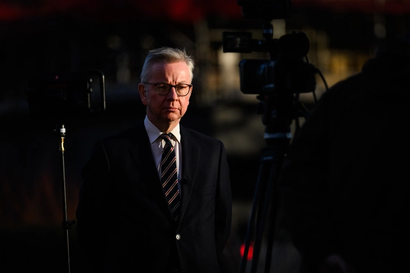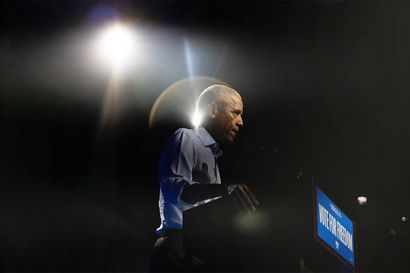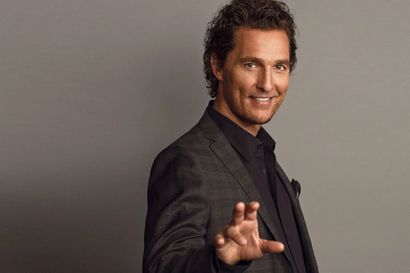The Week in Westminster: A busy first week for Boris
Your need-to-know guide to this week's UK political happenings
It’s been a busy week for the new Conservative government. After a small cabinet reshuffle on Monday, it was all hands on deck to prepare a Queen’s Speech for Thursday and bring the Brexit withdrawal agreement to parliament on Friday. Meanwhile, over in the Labour camp, candidates for the party’s recently opened leadership position have begun to emerge from the woodwork. Here’s everything you need to know…
A controversial cabinet
As is tradition after a general election, Monday saw Boris announce his new cabinet. With the party focused on Brexit, it was a smaller reshuffle than usual, with only Nick Hurd and Colin Clark being removed entirely. The main controversy came in the reappointments of Zac Goldsmith and Nicky Morgan. The former lost his seat during the general election and the second announced her retirement from politics shortly before the vote. To get them in his cabinet Johnson offered both lifetime peerages, making them members of the House of Lords, leading to fair accusations of undemocratic actions and the dangers of unelected leaders.
Another Queen’s Speech
HRH made her second visited to the Palace of Westminster in three months to deliver another Queen’s Speech on Thursday. During this formal re-opening of parliament, she delivered a speech prepared for her by Boris Johnson which set out the government’s agenda for the coming years.
The speech set out more than 30 new laws, chief among them tougher laws on sentencing for violent crimes, a legal commitment to more funding for the NHS and the formation of a constitutional reform body. The government’s new withdrawal bill was also included in the speech and was met with much dismay by the opposition due to significant altering since the general election. Among the most important changes are the stripping of protection for workers’ rights, a removal of parliamentary debates and votes on the UK’s future relationship with the EU, a ban on extending the transition period beyond 2020 and a watering down of the pledge to take unaccompanied refugee minors from Europe.
The combined effect of these changes point towards a harder and more extreme Brexit than the party previously put forward which, thanks to the government’s new majority, is likely to be passed when it goes before parliament this afternoon (20 December). Johnson, buoyed by this majority, spoke of his plans as being “not a programme for one year or for one parliament” but for the future of Britain, stating explicitly he believes himself invincible and more than likely to win a 2024 election.
The race begins
With Corbyn promising to stand down within the next few months, the race has already begun to find a new leader of the Labour party. So who are the frontrunners and what do they bring to the table?
Emily Thornberry, The first to throw her hat into the ring for the top Labour party job, the MP for Islington South and Finsbury and shadow foreign secretary has been loyal to Corbyn throughout his reign but believes herself tough enough to stand up to bullish Boris. Not as leftwing as the current leader, she voted against the party under Blair but backed Yvette Cooper in the 2015 leadership campaign and has often toed the party line on major issues.
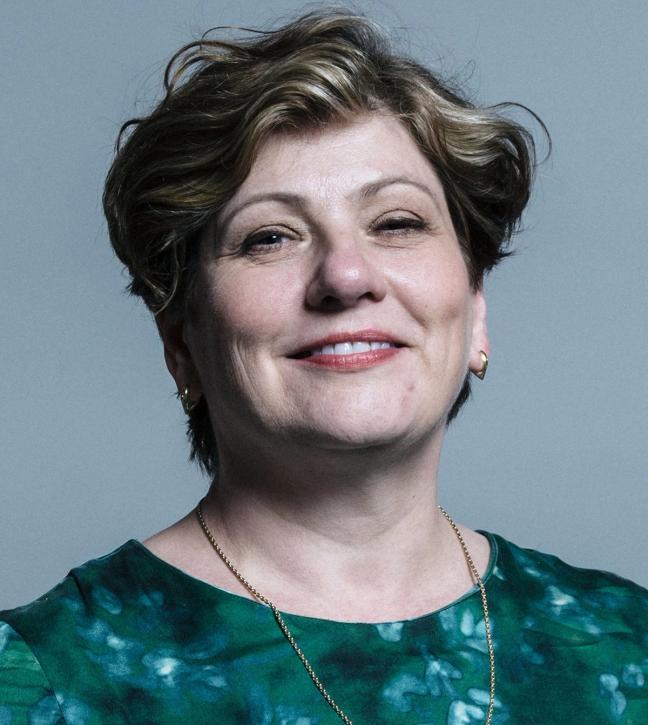
Emily Thornberry
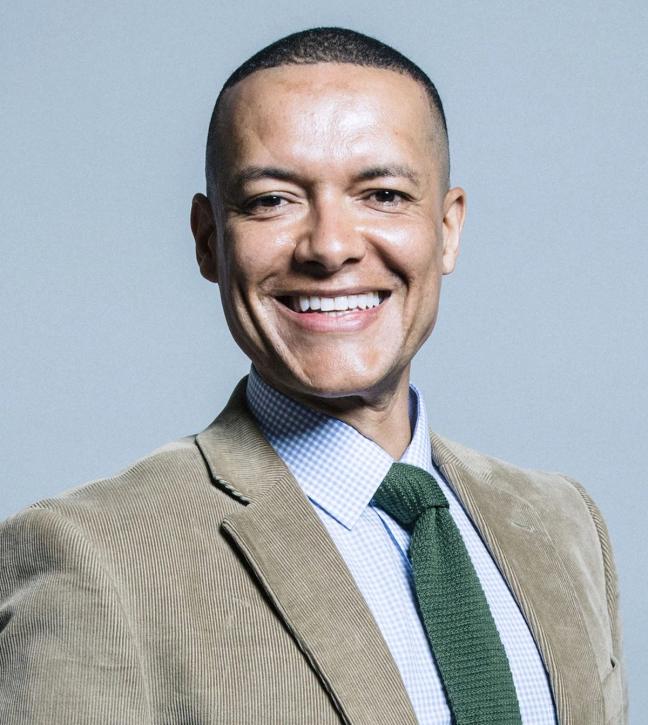
Clive Lewis
Clive Lewis, Despite not being an initial favourite, shadow Treasury minister Clive Lewis became one of only two official runners when he announced his leadership candidacy on Thursday with a speech distancing himself from the legacy of Blair and Brown and placing him firmly on the left of the party. Lewis has been an ardent advocate of a second referendum and says his first priority will be to protect immigrants and vulnerable people against those who seek to blame them for society’s problems.
Rebecca Long-Bailey, Hotly tipped to be the winner despite not yet officially announcing her candidacy, Long-Bailey is the current MP for Salford and, as shadow business secretary, proved her mettle as a stand-in for Corbyn during election leadership debates. The daughter of a Salford docker and trade union rep, she’s very much on the leftwing end of Labour and has taken up the environment as one of her key causes. However, with the resounding rejection of Corbyn and the left during the election, many party insiders worry she just may be more of the same.
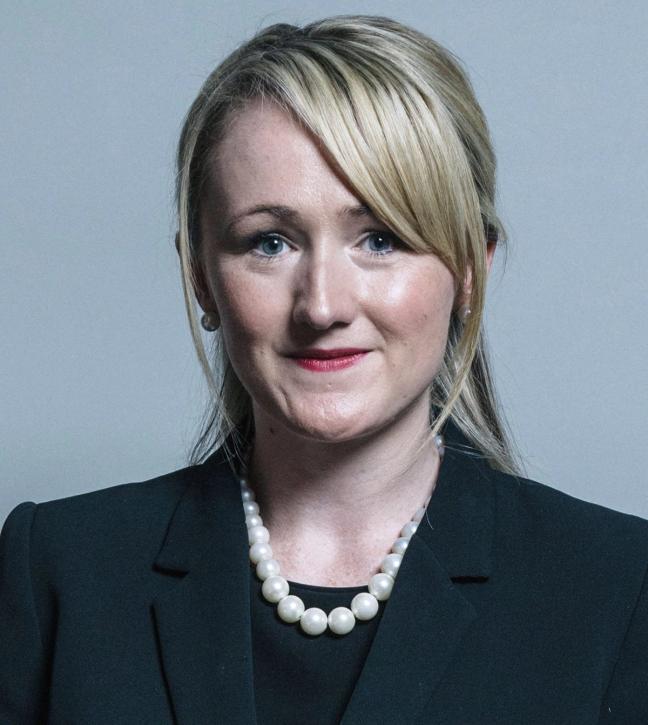
Rebecca Long-Bailey
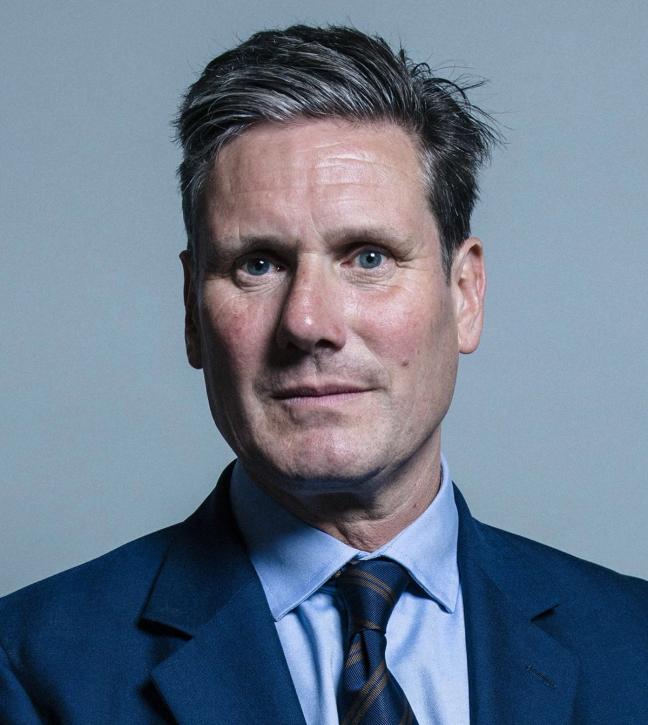
Keir Starmer
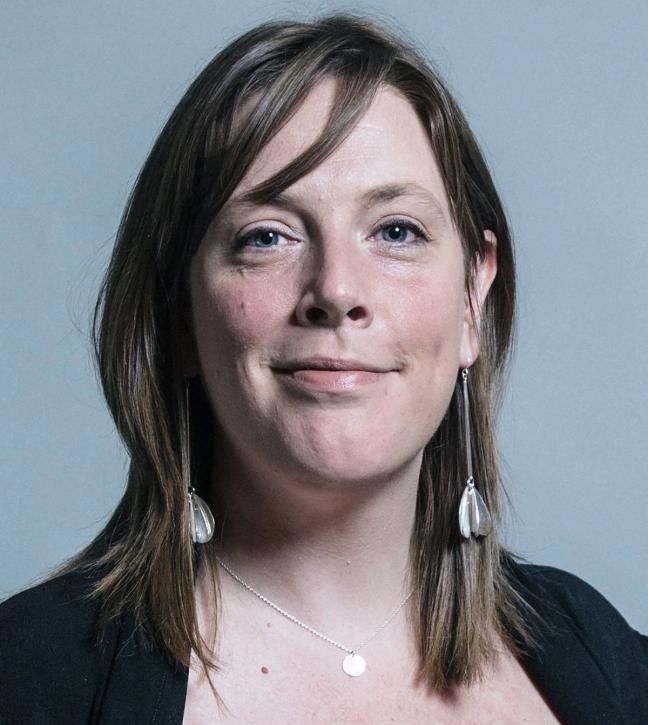
Jess Phillips
Keir Starmer, Notably one of only two male candidates among the leadership frontrunners, Starmer is the former director of public prosecutions and instrumented Labour’s shift towards backing a second Brexit referendum – a stance which many blame for the party’s defeat in the election. However, with the Human Rights Act squarely in the Tories’ sights, his expertise in this area could prove valuable. On a broader scale, many both inside and outside the party, are jonesing for a female leader to stop goading from Tories who have so far had two female leaders.
Jess Phillips, Perhaps the most media savvy Labour MP, Phillips has shown herself to be a fierce opponent in the Commons with bold speeches and witty asides that have made her a hit on social media. Deeply respected in her constituency of Birmingham Yardley, she has frequently been critical of Corbyn’s leadership and the party’s antisemitism problems, suggesting she may have the level of introspection necessary to reform the party and win back trust.
This will be the last Week in Westminster of 2019 – we’ll be back on 3 January 2020 to catch you up on all the latest UK political happenings. Until then, here are all the questions you’ve ever wanted to ask a Westminster insider…
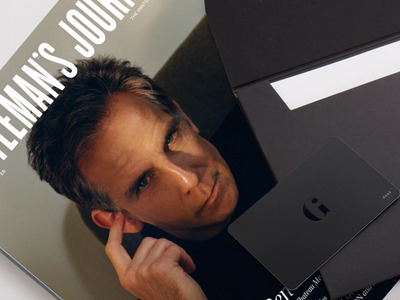
Become a Gentleman’s Journal Member?
Like the Gentleman’s Journal? Why not join the Clubhouse, a special kind of private club where members receive offers and experiences from hand-picked, premium brands. You will also receive invites to exclusive events, the quarterly print magazine delivered directly to your door and your own membership card.
